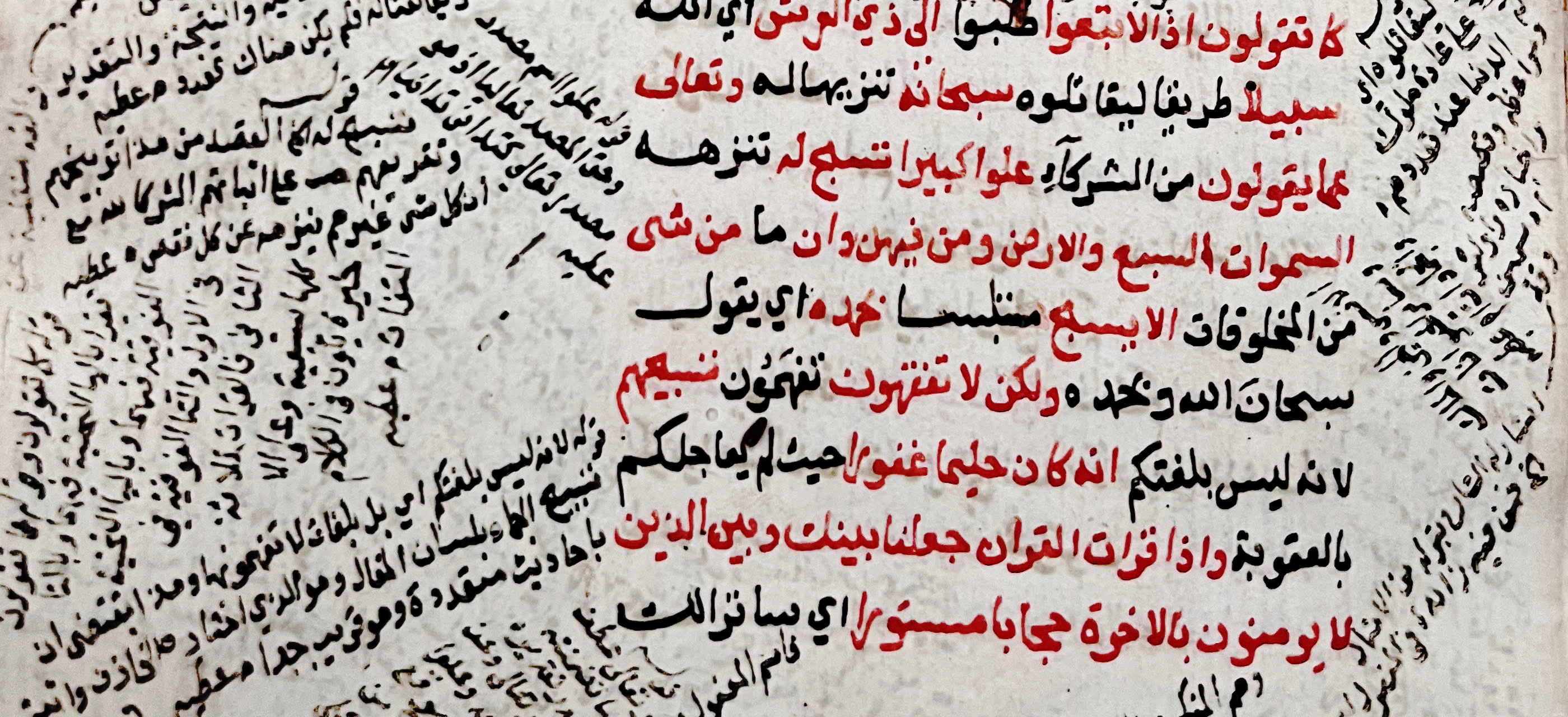Patterns and Peculiarities of Islamic Reform in Africa
Contenu
- Titre
- Patterns and Peculiarities of Islamic Reform in Africa
- Créateur
- Loimeier, Roman Voir tous les contenus avec cette valeur
- Date
- 2003
- Dans
- Journal of Religion in Africa Voir tous les contenus avec cette valeur
- Résumé
-
Abstract
African Muslim societies were characterised, in the 20th century, by the emergence of reformist movements that have gained, since the 1970s, major social, religious and political influence in a number of countries, including Northern Nigeria, Senegal, Zanzibar and Sudan. These movements of reform are, however, not recent phenomena. Rather, they look back to a history of several generations of reformist endeavour and thought that may have been influenced, to a certain extent, by external sources of inspiration. This contribution shows how the biographies of major reformist personalities such as Cheikh Touré in Senegal, Abubakar Gumi in Northern Nigeria and 'Abdallâh Sâlih al-Farsy in East Africa reflect a number of common features of Islamic reform in Africa, while their programmes of reform were shaped, at the same time, by local frame conditions. - Sujet
- Zanzibar Voir tous les contenus avec cette valeur
- Langue
- eng
- volume
- 33
- numéro
- 3
- pages
- 237-262
- Titre abrégé
- J Religion Afr
- doi
- 10.1163/157006603322663497
- issn
- 0022-4200, 1570-0666
Loimeier, Roman, “Patterns and Peculiarities of Islamic Reform in Africa”, 2003, bibliographie, consulté le 18 septembre 2024, https://ibadica.org/s/bibliographie/item/2336
Position : 17019 (4 vues)

